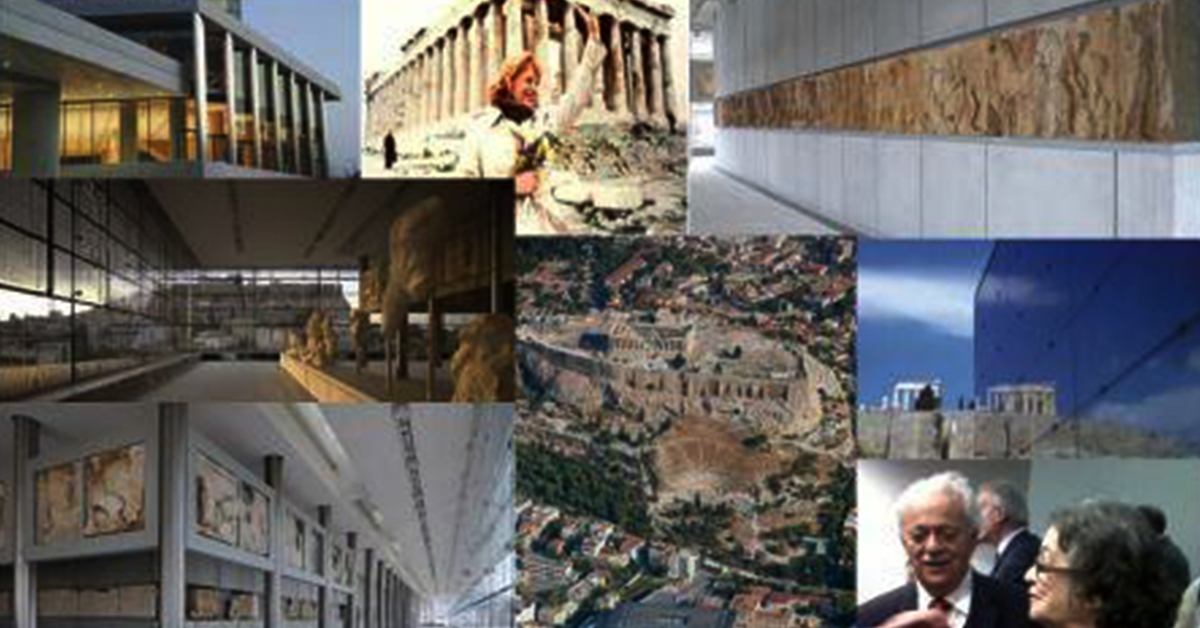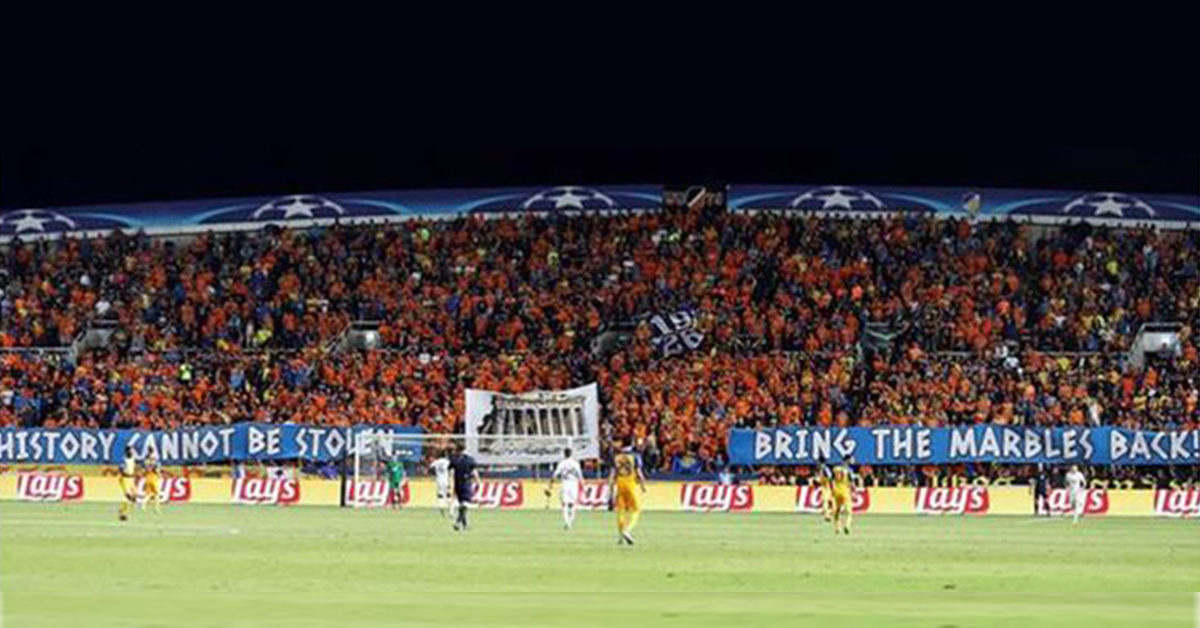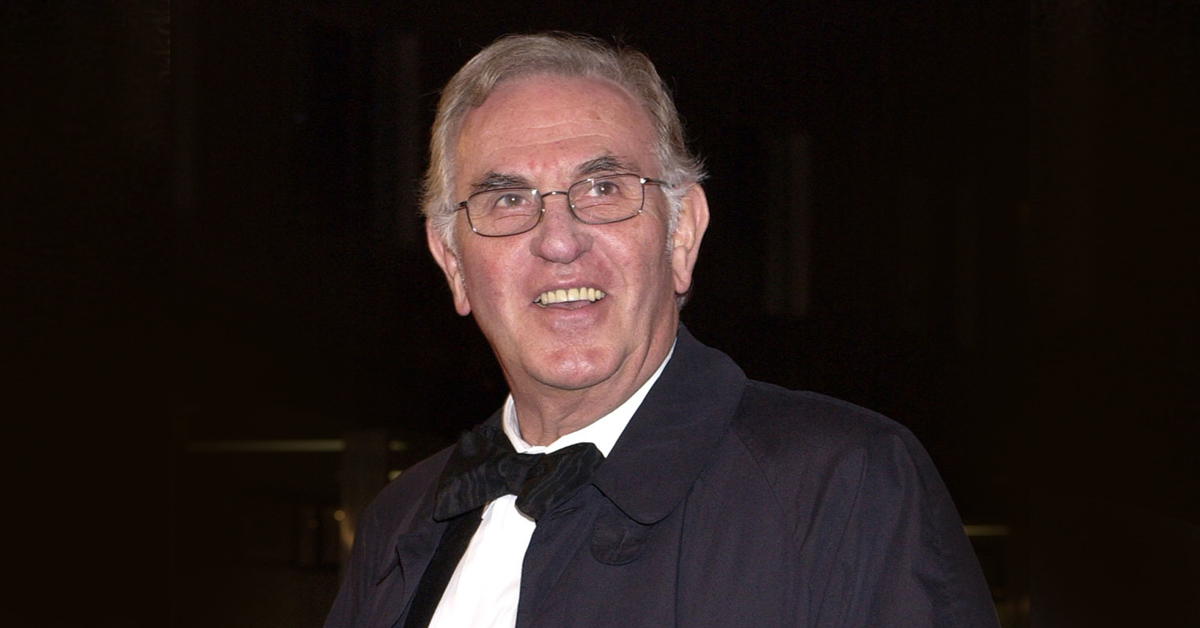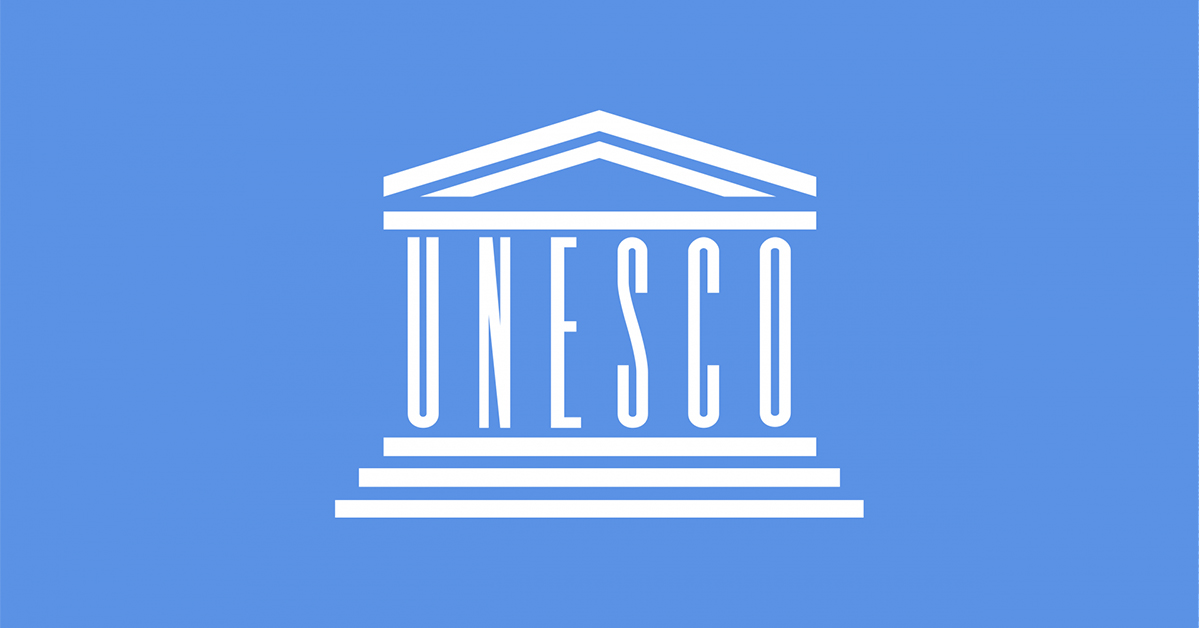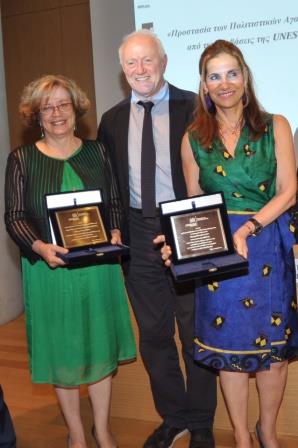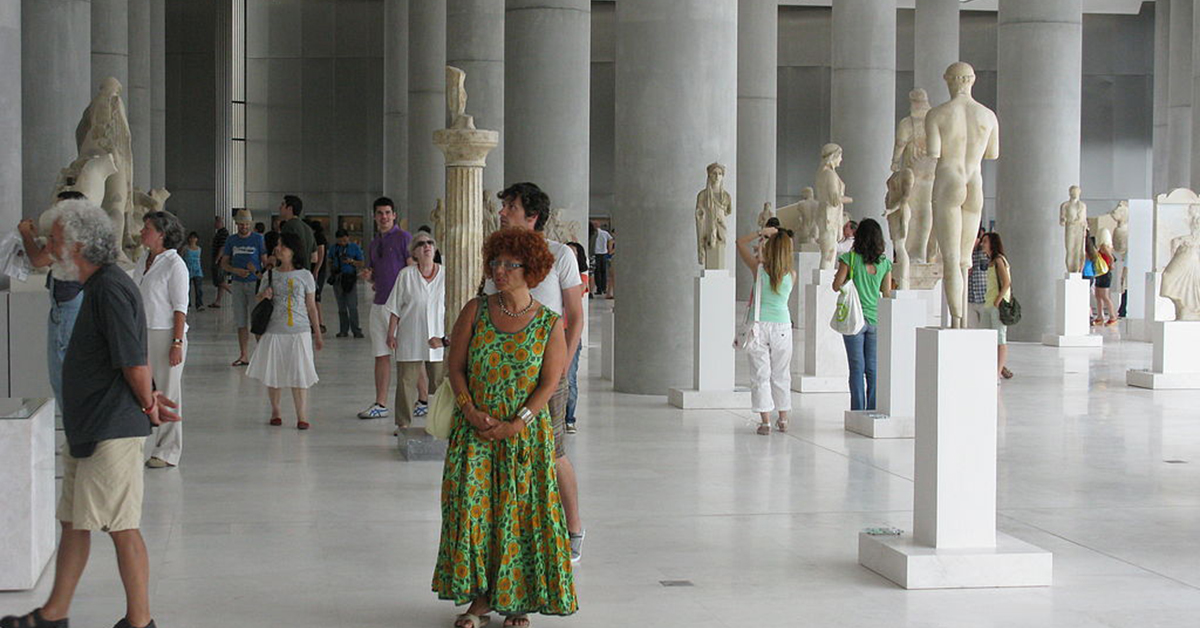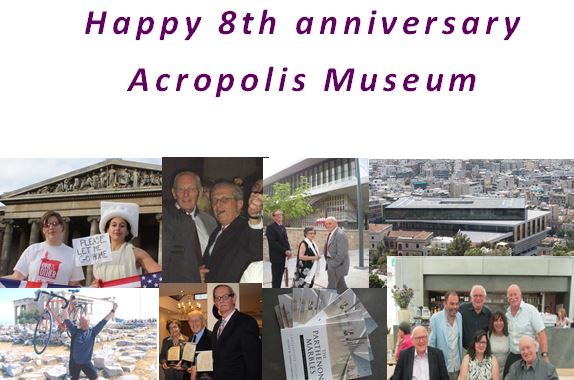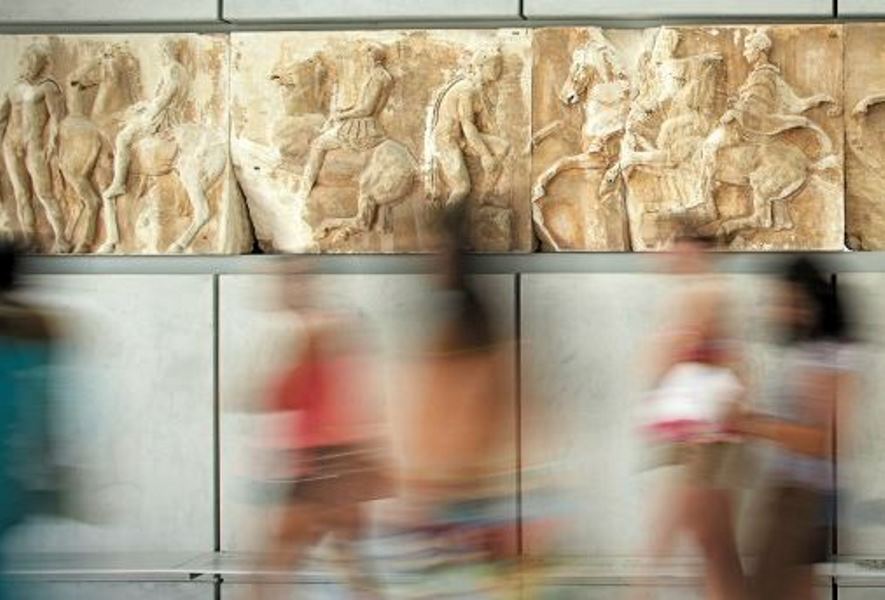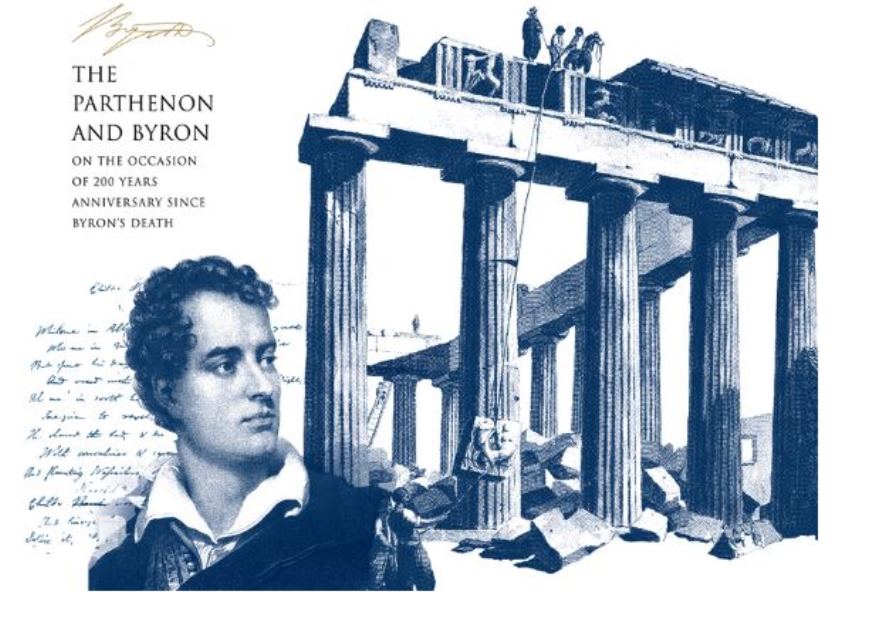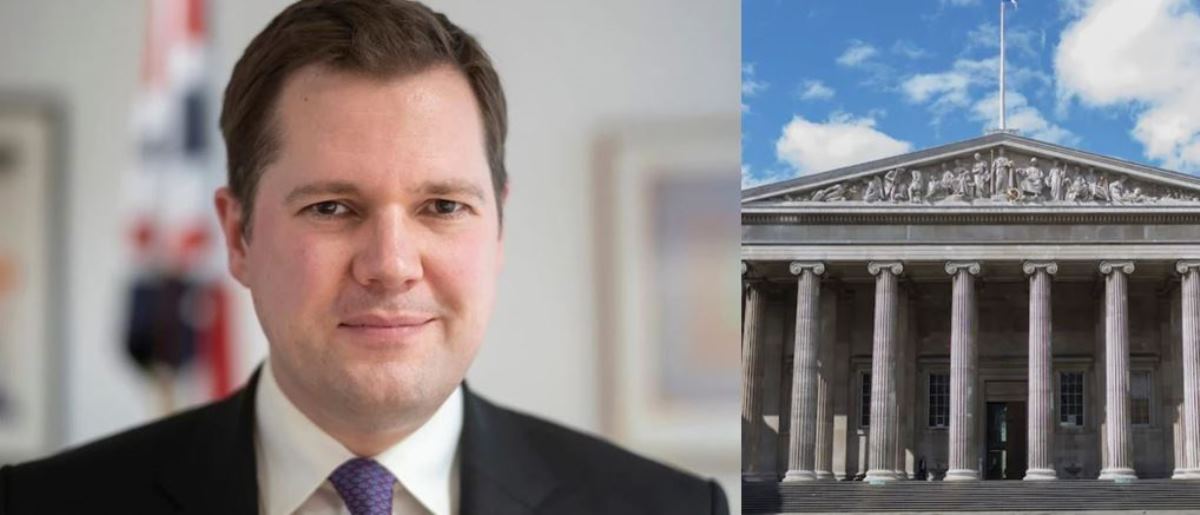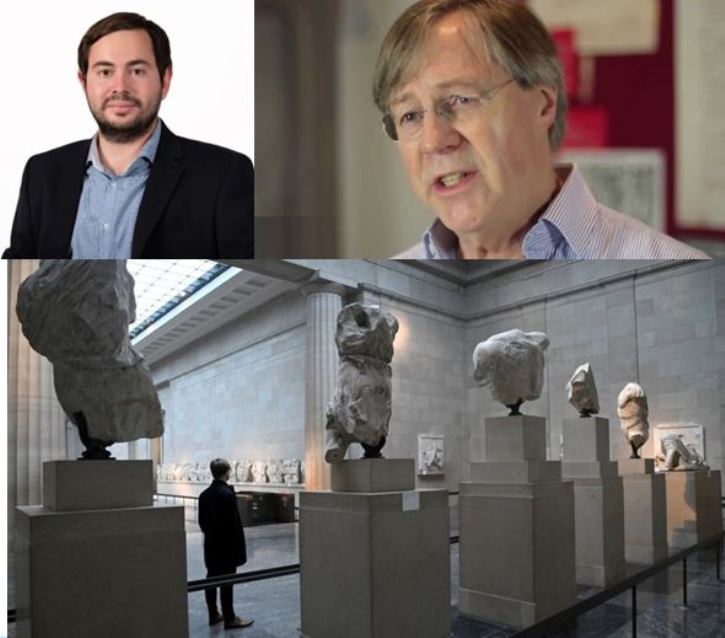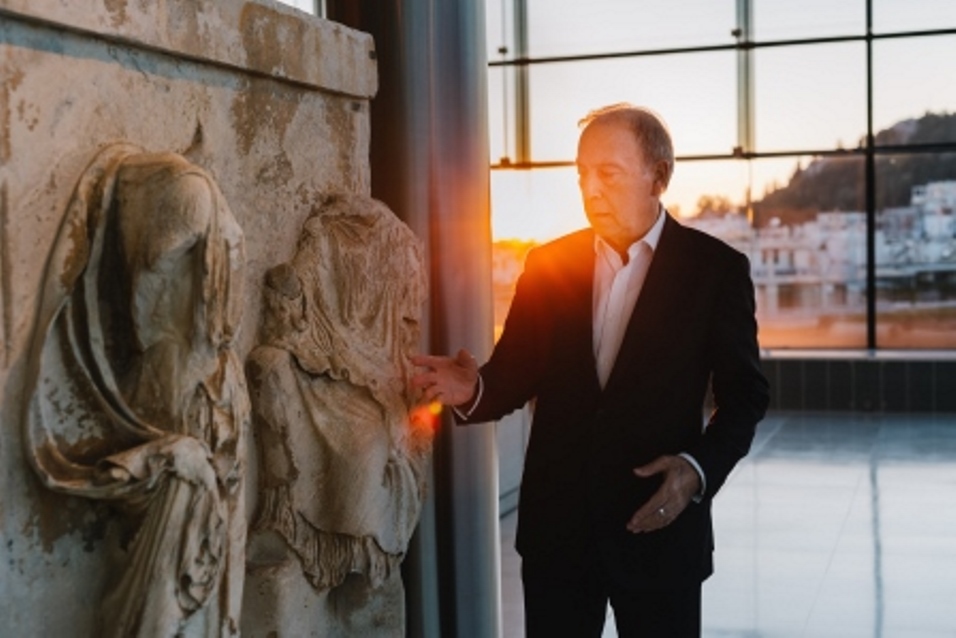The longest gallery in the British Museum, the Sir Joseph Hotung Gallery, is 115 metres long and showcases the collection of early Buddhist art considered one of the greatest treasures of the museum.
With the refurbishment and redisplay of the Amaravati sculptures in this gallery, these sculptures can now be better seen. Jane Portal, the keeper of the department of Asia commented in the Guardian: "They are just as important as the [Parthenon] marbles but people don't know about them so much."
Indeed Jane we don't disagree that the Amaravati sculpture are important, however we do continue to feel that the Duveen Gallery's display of the Parthenon marbles is a disgrace.
The British Museum's Parthenon Gallery is of the same dimensions as the Parthenon building - Sir Joseph Duveen insisted on that as a condition of his 'gift' of £1m. But the British Museums less than 50 per cent of the frieze is displayed so as to give the false impression that it's complete. The frieze is moreover displayed on the inner walls of an interior room, not - as on the original - on the outside.
The Acropolis Museum in Athens on the other hand, displays their also less than 50 per cent of the marbles the right way round - and in sight of the original building. We know where we'd prefer to view them and for all the right reasons - their importance as a peerless work of art warrants a display that is the right way round, with views to the Parthenon and that Attica light.

